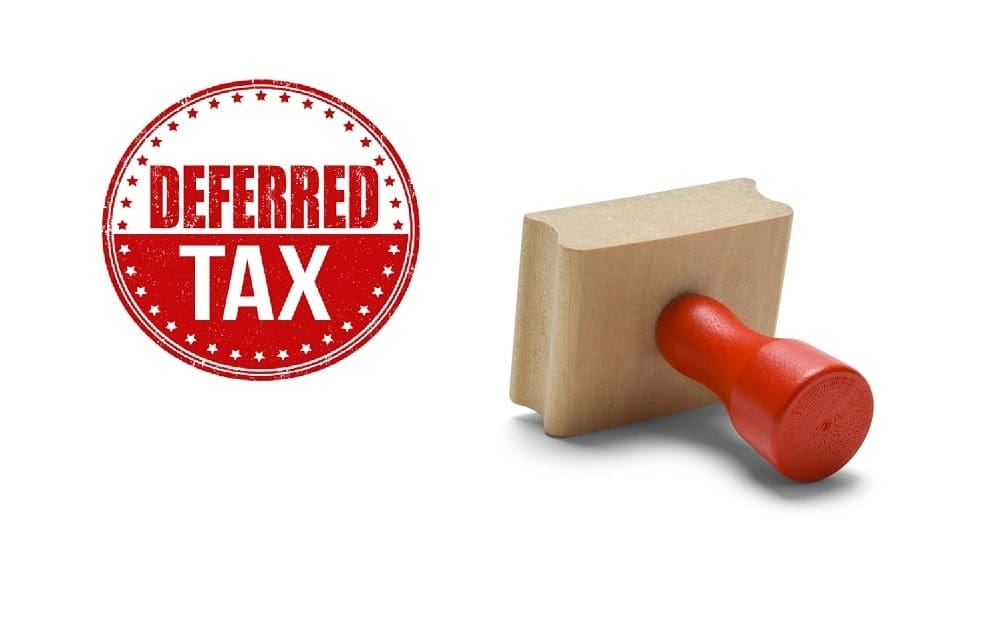Four attorneys with Baker Donelson discuss what employers should know about the EO deferring the withholding, deposit and payment of the employee’s share of FICA taxes funding Social Security for the final quarter of 2020.
The President’s Memorandum on Deferring Payroll Tax Obligations in Light of the Ongoing COVID-19 Disaster, dated August 12, 2020 (Order), directs the Secretary of the Treasury “to defer the withholding, deposit and payment” of the employee’s share of FICA taxes funding Social Security for the period of September 1, 2020, through December 31, 2020 (Deferral Period). That Order also directed the issuance of guidance to implement the Order.
Since the Order was issued on Wednesday, August 12, there have been concerns expressed from many different business sectors regarding the need for prompt and clear guidance addressing a number of issues related to this Order, as it seemed to place an undue burden on employers. Just one such issue is whether employers will be responsible for the unpaid deferred taxes with respect to employees who are no longer with the employer when the deferred taxes are to be withheld and deposited.
On Friday, August 28, the IRS issued Notice 2020-65 (Notice) which provides that employers (referred to as Affected Taxpayers in the Notice) “must withhold and pay” the deferred tax from the Deferral Period “ratably from wages and compensation paid between January 1, 2021, and April 30, 2021, or interest, penalties and additions to tax will begin to accrue on May 1, 2021, with respect to the unpaid” deferred taxes.
What the Notice Means for Employers
The Notice places responsibility squarely on the employer for withholding and paying the taxes that the employer defers during the Deferral Period. Such withholding and payment must occur “ratably from wages and compensation” paid between January 1 and April 30, 2021 – otherwise the employer will be subject to additions to tax, plus interest and late payment penalties beginning May 1, 2021, with respect to any unpaid amount of deferred taxes. Given that the employer will continue to shoulder this responsibility, the purpose of which is to assist employees in having more available funds during, for example, the holiday season, a few options for employers include the following:
Continue Status Quo Withholding and Depositing All Employment Taxes
Treasury Secretary Mnuchin stated several weeks ago that the Internal Revenue Service “can’t force” employers to stop withholding payroll taxes from their employees’ paychecks, despite the President’s Order. Consistent with that statement, the Notice does not declare that employers must cease withholding the employee’s share of FICA taxes funding Social Security. Rather, the Notice states that the due date for the withholding and payment of those particular taxes “is postponed until the period beginning on January 1, 2021, and ending on April 30, 2021.” As with many other due date postponements that have occurred earlier this year because of COVID-19, the postponement itself is not coupled with a prohibition against filing and/or paying by the original due date, but rather the postponement date is made available so that compliance with filing and payment deadlines can be more readily achieved during this crisis.
Should an employer decide not to take advantage of the postponement, but rather continue the status quo withholding and depositing, some of those employers likely will experience pushback from employees desiring those extra funds. Such employers should consider advising their employees as soon as possible that the President’s Order is not a waiver of the withholding obligations, but merely a potential deferral; and, by not implementing the deferral, the employer will protect employees from having their paychecks doubly reduced during the January 1 through April 30, 2021 timeframe not only for employment taxes attributable to that timeframe, but also for the deferred taxes that otherwise would have been withheld by the employer during the Deferral Period.
Maintaining the status quo could also reduce the financial risk to employers in situations where, at the end of the Deferral Period, an employee is no longer employed by the employer (e.g., the individual quit, was laid off, became disabled, regrettably passed away). Compounding the impact of losing an employee would be the additional withholding tax burden that would fall to the employer to remit. Maintaining the status quo could at least assist in avoiding those potential financial troubles.
Withhold Social Security Taxes During the Deferral Period, but Not Deposit With IRS
This option is dangerous, since employment taxes are subject to potential “trust fund” liabilities placed on responsible people of the employer. The Notice recognizes those responsibilities by stating in footnote #2 both that the “deposit obligation for employee Social Security tax does not arise until the tax is withheld” and “this notice does not separately postpone the deposit obligation.” In essence, if the employer withholds the otherwise deferable taxes, the employer must then promptly satisfy the deposit obligation since that obligation arises at the time that the tax is withheld.
Cease Withholding Social Security Taxes for the Deferral Period
Undoubtedly, some employers will choose this option so as to benefit their employees with extra funds, which is certainly a purpose of the Order. Those employers need to take into consideration a number of issues – just two of which being:
- whether to defer the taxes for all employees or just those who wish to utilize the deferral, and
- to put in place safeguards to assist in ensuring that the employer will be able to promptly withhold the deferred taxes.
As to the first issue, the AICPA issued a letter to the Treasury Department and the IRS on August 12, 2020, requesting guidance (among other issues addressed in that letter) that a model notice be provided to employers for use in advising eligible employees that they can elect to defer the pertinent taxes during the Deferral Period. This model notice would be used to allow some employees to opt out of the deferral and other employees to elect the deferral. The concept of this model notice is well-founded, but nevertheless represents another task that an employer would have to administer (in compliance with any applicable state and federal laws) in choosing to allow some employees to opt out and others to opt in. To our knowledge, the IRS has not provided any such model notice.
As to the second issue, the Notice makes the curious statement that “if necessary, the [employer] may make arrangements to otherwise collect the total [deferred taxes] from the employee.” The Notice did not elaborate on “arrangements to otherwise collect” the total of the deferred taxes. In that regard, an employer may want to consider having a form of note or other debt instrument signed (in compliance with any applicable state and federal laws) by an employee for whom the taxes will be deferred so as to provide evidence of that obligation in the event that the employee is no longer with the employer before the deferred taxes have been fully withheld. Use of that instrument may be helpful to the employer in circumstances where the departed employee’s whereabouts are known to the employer and that departed employee is gainfully employed elsewhere. However, that instrument may be of little value to the employer where those circumstances do not exist.
Addressing Unanswered Issues
The Notice certainly did not state that it will be the sole and only publication to be expected in connection with the Order. The Treasury may issue other publications to address the many unanswered questions that require definitive guidance to assist in achieving the purpose of the Order. The Notice does state that for further information regarding guidance under this Notice, one can call the IRS at 202.317.5436 (which is not a toll-free call). Presumably, the IRS employees assigned to that number will be able to assist with a wide variety of yet unanswered issues, such as the two issues referenced above, as well as the following:
- How are eligible employees determined if wages are paid on non-biweekly periods?
- How are bonuses, overtime pay and other extraordinary wages/compensation to be considered in the $4,000-per-biweekly-pay-period analysis?
- How does the 2020 leap year – with an extra period of compensation – impact the compensation limits?
- How does the employer report the deferred amount of taxes on the current Form W-2, or will modifications to that Form be issued, specifically including a box for the deferred amounts?
Information provided by the IRS employees in those calls which address important unanswered questions hopefully will be disseminated widely by the IRS in writing, rather than just by telephone to the party or parties initiating the calls.
Conclusion
Both the Order and Notice present issues which require careful consideration in the framework of your particular fact situation.



 Andrea Bailey Powers is a shareholder in the Birmingham office of
Andrea Bailey Powers is a shareholder in the Birmingham office of  Carl E. Hartley, a shareholder in Baker Donelson’s Chattanooga office, concentrates his practice in state and local taxation and federal taxation.
Carl E. Hartley, a shareholder in Baker Donelson’s Chattanooga office, concentrates his practice in state and local taxation and federal taxation. Stuart M. Schabes is a shareholder in the Baltimore office of Baker Donelson, where he focuses on complex tax and business matters.
Stuart M. Schabes is a shareholder in the Baltimore office of Baker Donelson, where he focuses on complex tax and business matters. David P. Webb concentrates his practice in tax and business law. He is a shareholder in the Jackson, Mississippi office of Baker Donelson.
David P. Webb concentrates his practice in tax and business law. He is a shareholder in the Jackson, Mississippi office of Baker Donelson.






